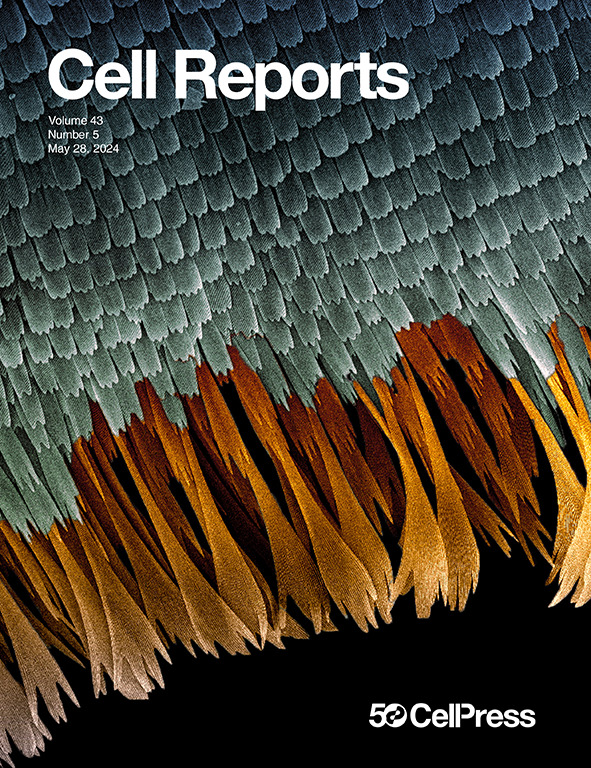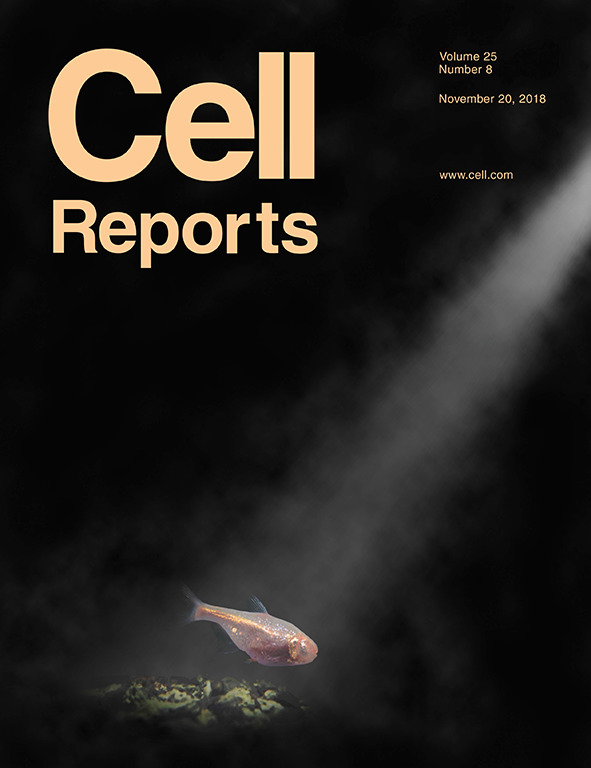Hridaya Shrestha, PhD
Molecular and Cell Biologist (Cancer Researcher)
Unraveling the Tapestry of Cancer: Exploring Cells, Genes, and Hope.
I am a molecular and cell biologist. I have a broad background in cancer biology with specific training in breast and pancreatic cancer.
I received my Ph.D. in Pharmacy (Molecular Pathology) from Chonnam National University, South Korea in 2017. There I gained technical and professional expertise in molecular and cell biology. During my Ph.D. studies, I studied factors affecting Adherens Junction complexes and assessed the role of the protein δ-catenin in cancer initiation and progression.
I joined Dr. Kay-Uwe Wagner’s lab at School of Medicine Wayne State University in early 2018 as a Postdoctoral Fellow. During my time there [2018-2024], I focused my efforts on elucidating the mechanisms regulating the normal development of the mammary gland and pancreas and identifying genetic pathways that control breast and pancreatic cancer development using genetically engineered mouse models.
Following my relocation to Connecticut for a family reunion in mid-2024, I took the opportunity to spend meaningful time with my 4-year-old son. Having dedicated this period to my family, I have also been focusing on expanding my bioinformatics skills through self-directed learning. I am now seeking new professional opportunities and prepared to advance to the next chapter of my scientific career. My primary research interests include cellular signaling in the early development of glandular tissues, inflammatory conditions, and cancer progression, and cancer drug development.
I received my Ph.D. in Pharmacy (Molecular Pathology) from Chonnam National University, South Korea in 2017. There I gained technical and professional expertise in molecular and cell biology. During my Ph.D. studies, I studied factors affecting Adherens Junction complexes and assessed the role of the protein δ-catenin in cancer initiation and progression.
I joined Dr. Kay-Uwe Wagner’s lab at School of Medicine Wayne State University in early 2018 as a Postdoctoral Fellow. During my time there [2018-2024], I focused my efforts on elucidating the mechanisms regulating the normal development of the mammary gland and pancreas and identifying genetic pathways that control breast and pancreatic cancer development using genetically engineered mouse models.
Following my relocation to Connecticut for a family reunion in mid-2024, I took the opportunity to spend meaningful time with my 4-year-old son. Having dedicated this period to my family, I have also been focusing on expanding my bioinformatics skills through self-directed learning. I am now seeking new professional opportunities and prepared to advance to the next chapter of my scientific career. My primary research interests include cellular signaling in the early development of glandular tissues, inflammatory conditions, and cancer progression, and cancer drug development.
news
| Sep 06, 2024 | WSU School of Medicine News highlights our publicaiton in Cell Reports on a promising approach for preventing or treating early-stage pancreatic cancer. |
|---|---|
| Jul 01, 2024 | After 6.5 years as a postdoc at Wayne State, I'm heading to Connecticut for a family reunion and a break before starting a new chapter in science. |
| May 10, 2024 | New Paper Alert: Research from the Wagner Lab reveals JAK1's role in KRAS-driven pancreatic cancer and identifies C/EBPd as a key downstream effector. |
latest posts
| May 10, 2024 | Today's Tweet! |
|---|---|
| Jan 30, 2023 | A must-read article by David G. Drubin. |
| Jan 27, 2021 | Watching the sunset at Belle Isle with family |












